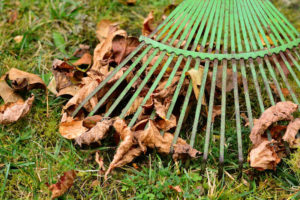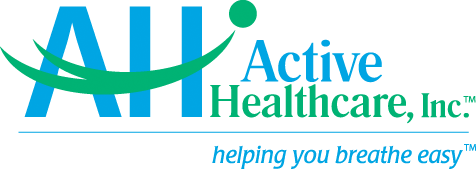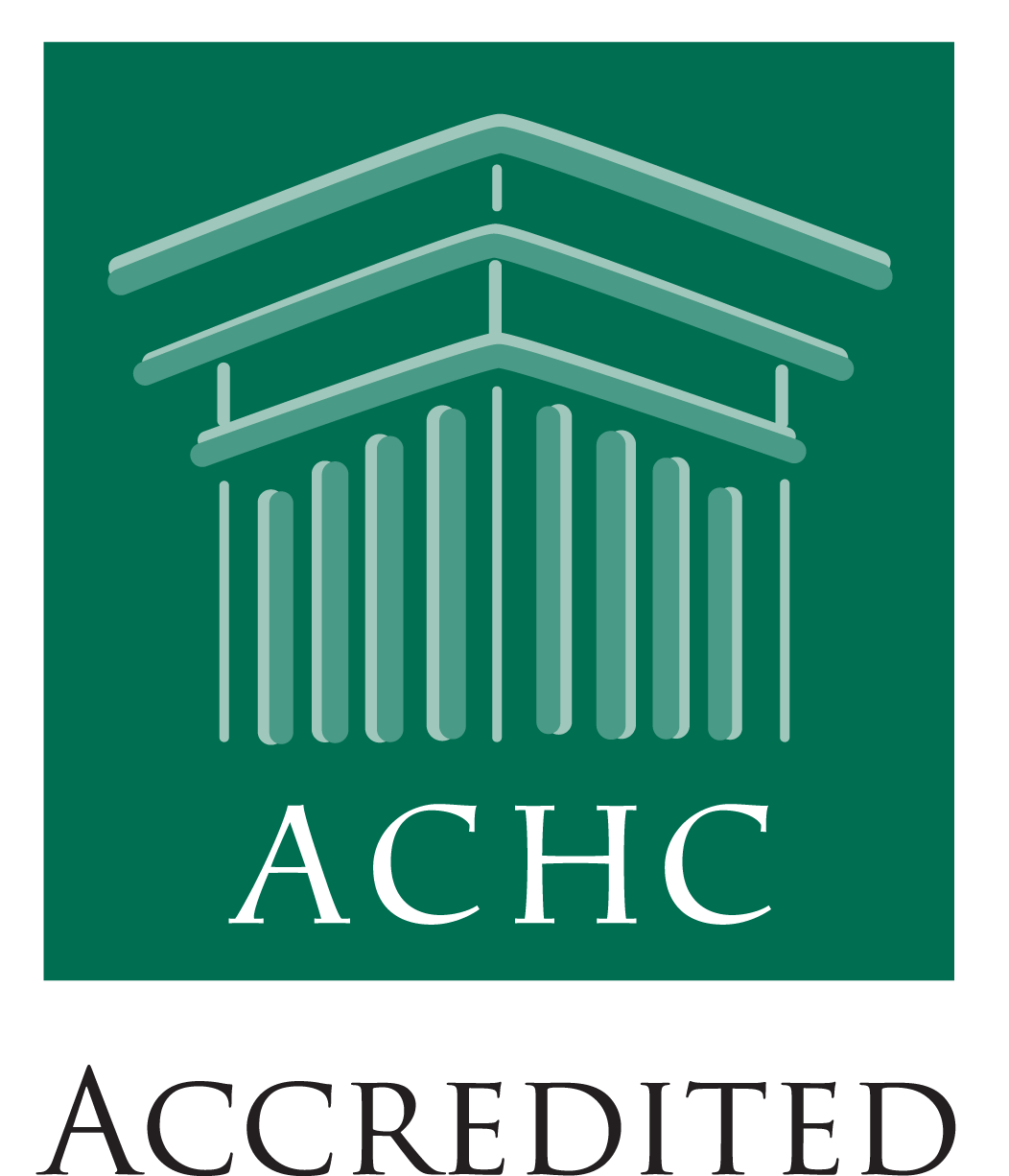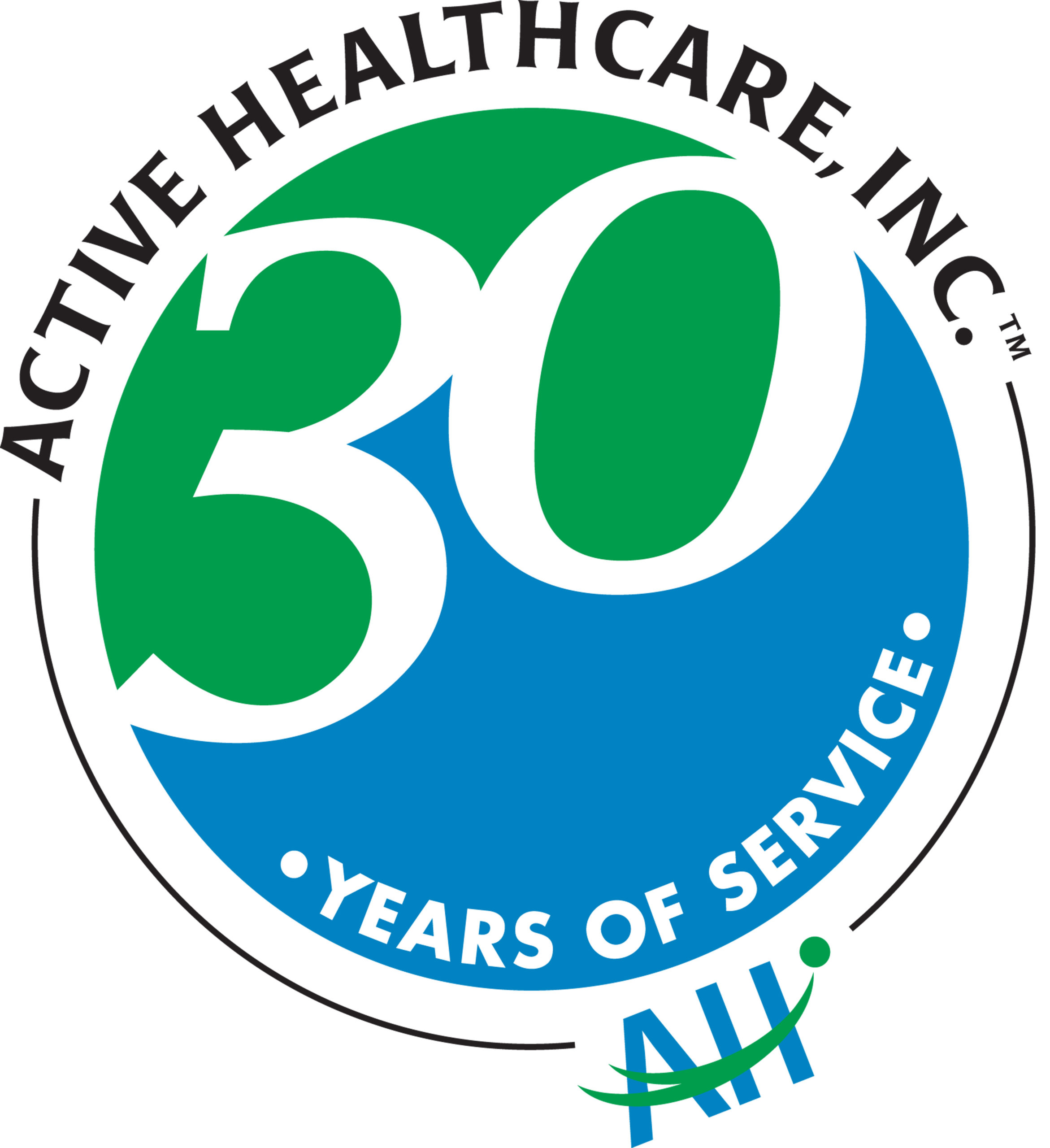Many of you may think that the springtime is the worst season for allergy sufferers. Everyone has different triggers, so the fall can also be troublesome for those with allergies and asthma. During the fall we enjoy beautiful scenery as the leaves change from green to brilliant shades of red, yellow and orange. As the season progresses, all those colorful leaves fall, becoming an allergy trigger of their own.
Fall Allergy Triggers: Pollen and Mold Spores
Although each allergy sufferer has different triggers, many people are allergic to plants that produce pollen in the fall season, such as ragweed. Another common fall allergen is mold spores. Remember all those beautiful fall leaves? Once they fall and linger on your lawn they get rained on – creating a perfect environment for the growth of mold spores.

When you rake all those leaves into a big pile – maybe for the neighborhood kids to jump into or to compost or bag up for pickup, all those mold spores are released back into the air.
Once exposed, your body reacts to the triggers and you’ll likely have a runny or stuffy nose, itchy or watery eyes and an irritated nose and throat. Doesn’t that sound like fun!
Outdoor Yardwork Tips: Protect Yourself Before and After
Since you can’t escape the yard work, if you suffer from allergies you can take these steps to minimize your symptoms this fall.
- Wear a filter mask, especially when raking leaves
- Rake often giving less time for mold spores to develop
- Choose long sleeves and wear gloves to minimize exposure to your skin
- Avoid touching your nose and eyes during yardwork
- Choose early morning and evening times for yardwork when pollen counts are lowest
Once your yardwork is complete remember to leave your shoes at the door and change your clothing to limit tracking allergens into your home. Shower as soon as possible as allergens will linger on your skin and hair.
Even if you are not doing yardwork, just going outside can trigger an allergy attack. Remember it is best to stay inside when you hear one of your neighbors firing up their leaf blowers!
Allergy Medications Can Help
You can also work with your healthcare provider to choose the best over the counter and/or prescription medications to manage your seasonal symptoms. Some medications need to be taken in advance of the season for maximum effect. Consider adding nasal saline irrigation on a regular basis during the fall months to clear mucous and allergens from your system.



























